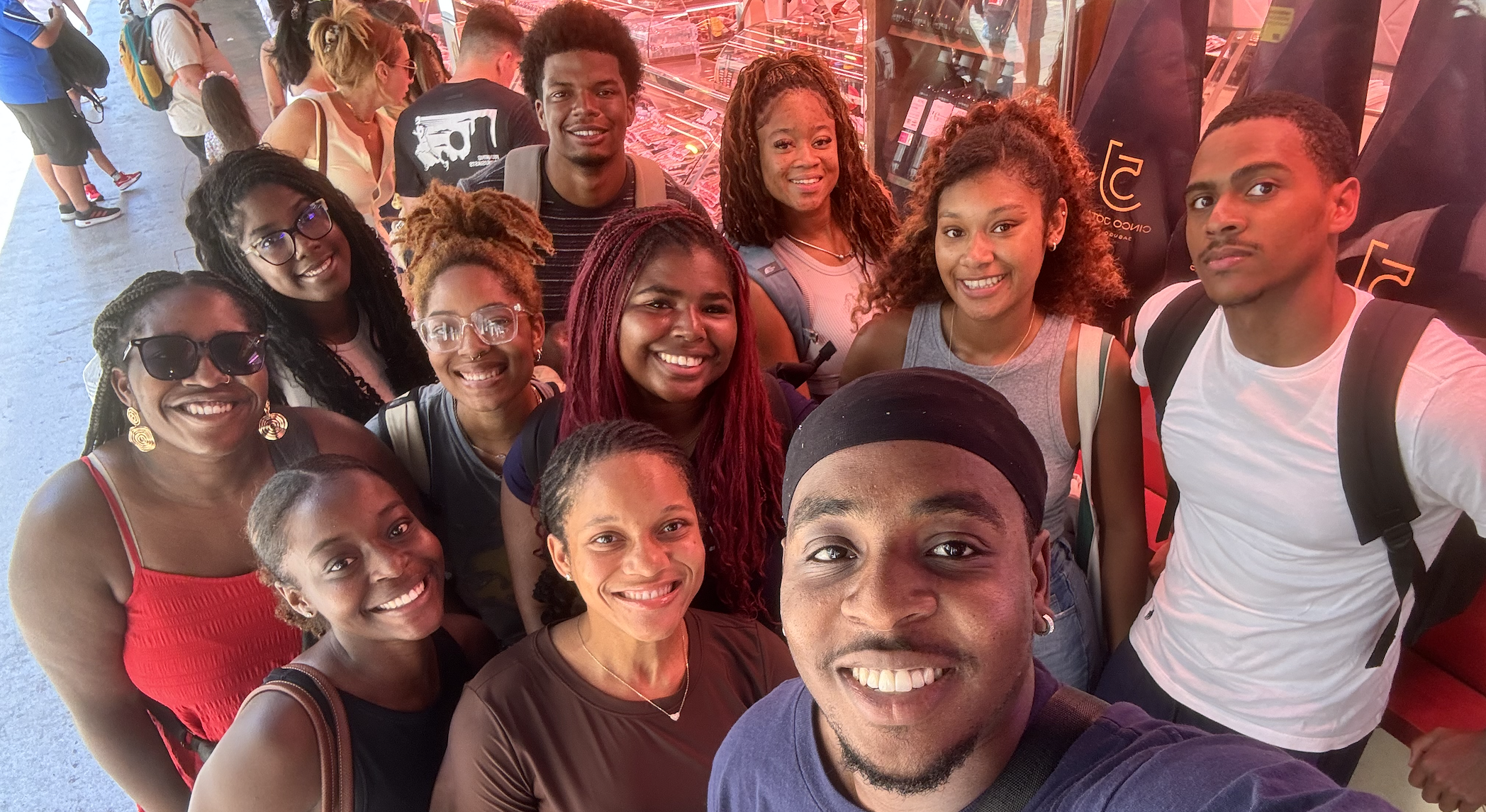Studying abroad will be one of the most influential times of your life. There’s no way to describe the shift in perspective I, and most of my friends, gained following our semester in Barcelona. When imagining this incredible experience, you might be wondering how you can best finance your time abroad while being cost efficient. While this is by no means financial advice, I hope this guide will help you. It is how I was able to travel most weekends while benefiting from the money I spent.The first thing I would suggest is creating a simple excel sheet to map out weekly expenses (there is an example of mine below). This is how I kept track of my spending over those 16 weeks and still had enough money by the 15th weekend to travel one last time before flying back to the states. Hopping on my excel sheet once a day allowed me to realize any unnecessary purchases I was making and was a subtle reminder of how much money I had budgeted for the remainder of the week. It sounds tedious, but once a good excel sheet is in place, it becomes something you automatically update.
 Before I arrived in Europe, I did research and made sure I had two credit cards that 1) had no foreign transaction fees and 2) had great benefits. Credit cards can be scary, especially when you are unsure how to use them responsibly. While abroad, you’re already spending money, so you might as well get rewarded for your spending. Paying off your cards monthly is essential; a credit card is not free money, and you should never spend more than your means. My excel sheet helped tremendously when keeping track of card balances as well.
Before I arrived in Europe, I did research and made sure I had two credit cards that 1) had no foreign transaction fees and 2) had great benefits. Credit cards can be scary, especially when you are unsure how to use them responsibly. While abroad, you’re already spending money, so you might as well get rewarded for your spending. Paying off your cards monthly is essential; a credit card is not free money, and you should never spend more than your means. My excel sheet helped tremendously when keeping track of card balances as well.
I ended up getting the Apple Credit Card which offers 2% cash back on all purchases made through Apple Pay and 1% cash back when using the physical card. I found that most places I went to accepted Apple Pay, so I rarely used the physical card. The other card, and the more important one for me, was the Chase United Quest Travel Card. I investigated several other travel cards, and this was the best for my needs. My Chase Card granted me points for purchases related to restaurants and anything travel related (ie. flights, Airbnb’s, taxis). When making travel reservations or paying for a group dinner, I always offered to pay and then had everyone send me money. I racked up over 40,000 miles while abroad which I can now use for my future travels. American Express also came up during my research - however, while it can be a great card, it is not often accepted in Europe.
Each of the credit cards mentioned above do require a decent credit score. I use Credit Karma to track my score; it also provides insight into the chance you have at being approved for a new card (ie: poor, good, or excellent). If you have enough time before leaving for your studies abroad, build up your credit score with an “entry-level” card. The first credit card I got was the “Discover it” card which I continue to use for great rewards.
Keeping track of spending and being rewarded for it helped me manage my money in Europe. It kept me cautious (without being paranoid) and I was able to get awesome rewards for the money I was spending. I hope this guide helps you think of ways to be smart and benefit from your spending.

Dakota Banks
Dakota is a senior at the University of Miami majoring in International Studies with minors in Finance and Business Law. He studied abroad at the School for International Studies (SIS) in the Fall 2023 semester and served as a Barcelona SAE Alumni Ambassador for the Spring 2024 semester.



